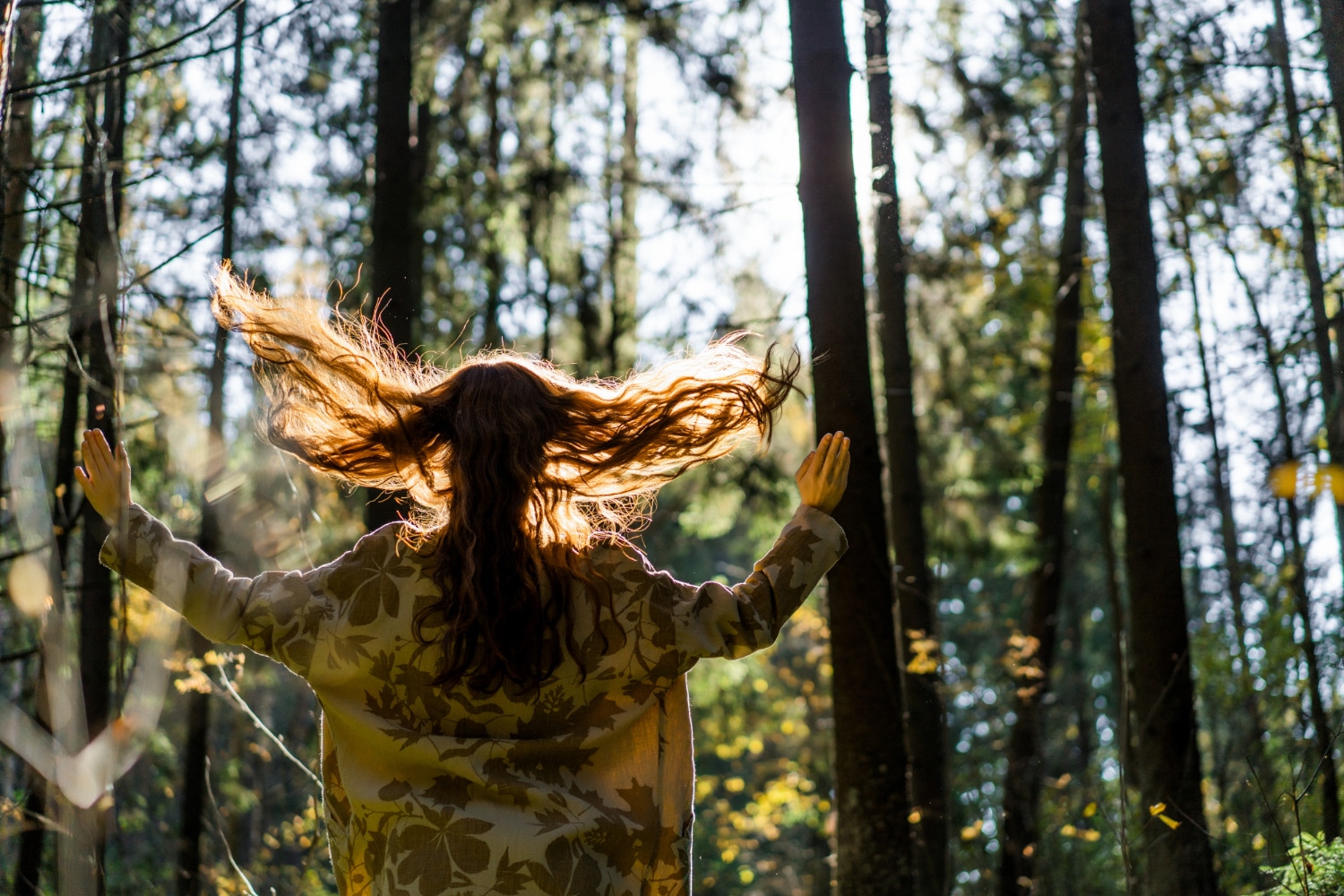In recent years, people are connecting more with nature. One such practice gaining popularity worldwide is “forest bathing”. It is a Japanese concept known as Shinrin-yoku. Forest bathing involves getting lost in the natural environment, primarily forests, to reap physical, mental, and emotional health benefits.
Spas around the world are embracing the concept and using it in their wellness offerings. From guided nature walks to meditation sessions held in natural settings, these experiences provide guests with an opportunity to escape the stresses of daily life and reconnect with the healing power of nature.
The History of Forest Bathing
Forest bathing originated in Japan in the 1980s as a response to the country’s fast-paced urbanization and the associated rise in stress-related illnesses. Inspired by ancient Shinto and Buddhist practices, it was developed as a therapeutic practice. Forest bathing helps to promote relaxation and well-being.
What is Forest Bathing And What Are the Benefits?
At its core, it involves simply being present in nature with all five senses engaged. Participants are encouraged to slow down, observe their surroundings, and connect deeply with the natural environment.
Unlike hiking or other outdoor activities focused on physical exertion, this is about immersing oneself in the atmosphere of the forest and allowing nature to work its magic.
 Numerous scientific studies have documented the health benefits of forest bathing.
Numerous scientific studies have documented the health benefits of forest bathing.
Phytoncides, organic compounds emitted by trees, boost the immune system, reduce blood pressure, and lower stress hormone levels. Additionally, spending time in nature improves mood, increases creativity, and enhances cognitive function.
Physical Benefits
- Spending time in forests exposes individuals to phytoncides, natural compounds released by trees. This can strengthen the body’s ability to fight off infections and illnesses.
- The calming atmosphere of the forest reduces stress hormones such as cortisol. This can lead to lowered blood pressure.
- Studies have shown that spending time in nature can help reduce hypertension and improve cardiovascular health.
- Breathing in the fresh, clean air of the forest can have a positive impact on respiratory health. This can improve lung function and alleviate respiratory issues.
- Forest bathing reduces markers of inflammation in the body, potentially lowering the risk of developing inflammatory conditions.
- Exposure to natural light can help regulate the body’s internal clock, known as the circadian rhythm. This can lead to improved sleep quality and duration, as well as a decreased incidence of sleep disorders such as insomnia.
- While forest bathing itself is not a physically demanding activity, spending time in nature can contribute to overall fitness and mobility.
- Sunlight exposure in outdoor environments, such as forests, stimulates the production of vitamin D in the body.
Mental Benefits

- The calming sounds of nature, coupled with the absence of urban noise and distractions, give a state of relaxation and tranquillity. It reduces feelings of anxiety and tension.
- The beauty and tranquillity of natural surroundings can evoke feelings of awe, wonder, and appreciation, fostering a sense of happiness and contentment.
- Connecting with nature improves cognitive function. It enhances attention, concentration, and problem-solving skills. Forest environment help clear the mind and reduce mental fatigue, allowing for greater mental clarity and focus.
- The sensory-rich experience of forest bathing can inspire new ideas and perspectives.
- It can provide a supportive environment for processing emotions and finding inner peace.
What Do The Japanese Say About Bathing In Forest?
In Japan, forest bathing is highly regarded for its therapeutic effects on both physical and mental well-being. Japanese culture sees it as a way to reconnect with the natural world and restore balance. Many Japanese people view it as a form of preventive medicine, helping to prevent stress-related illnesses and promote overall health and longevity.
Is Forest Bathing Same As Grounding?
No! While forest bathing and grounding share some similarities in terms of connecting with nature, they are not the same. Forest bathing specifically involves immersing oneself in forest environments, engaging all five senses, and experiencing the therapeutic benefits of nature.
Grounding, on the other hand, refers to the practice of physically connecting with the earth’s surface, such as walking barefoot on grass or soil, to absorb its energy and restore balance to the body. While both practices offer opportunities for relaxation and well-being, they focus on different aspects of connecting with the natural world.









3 Comments